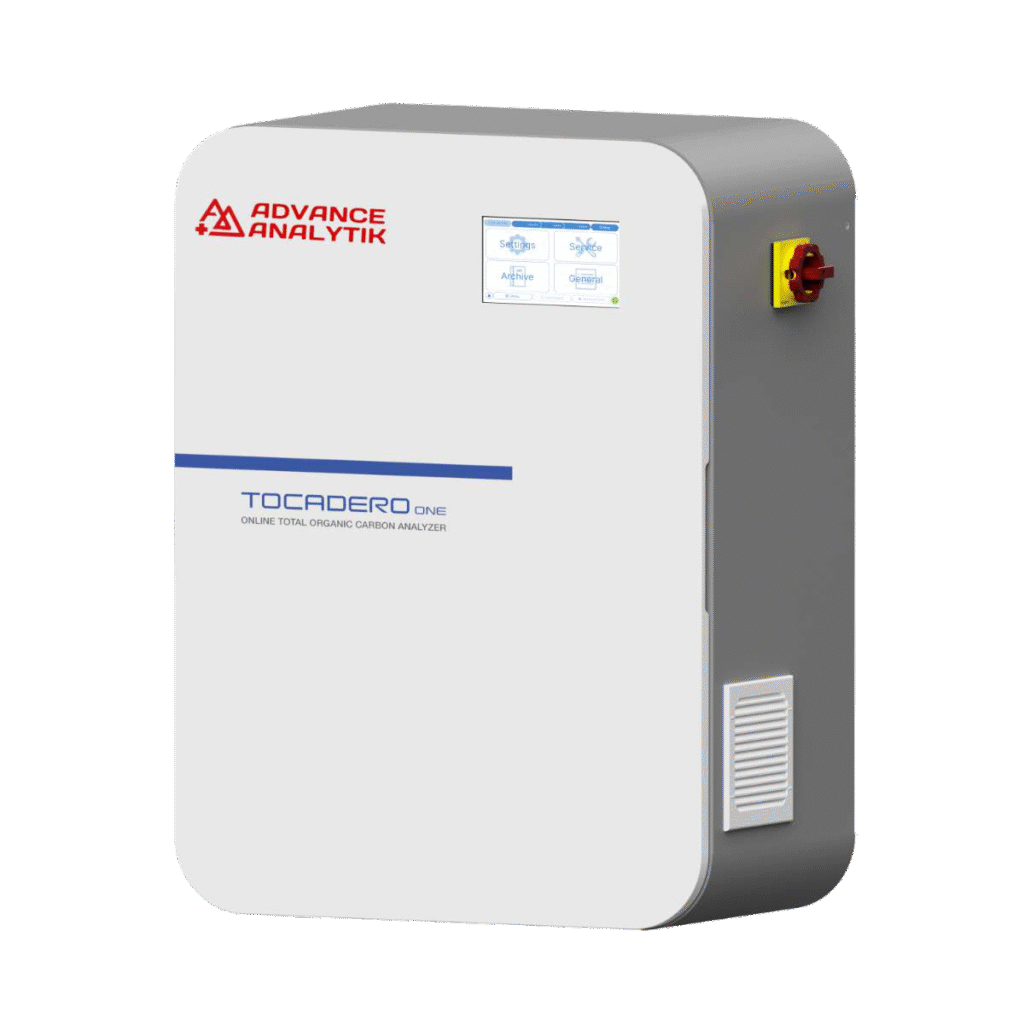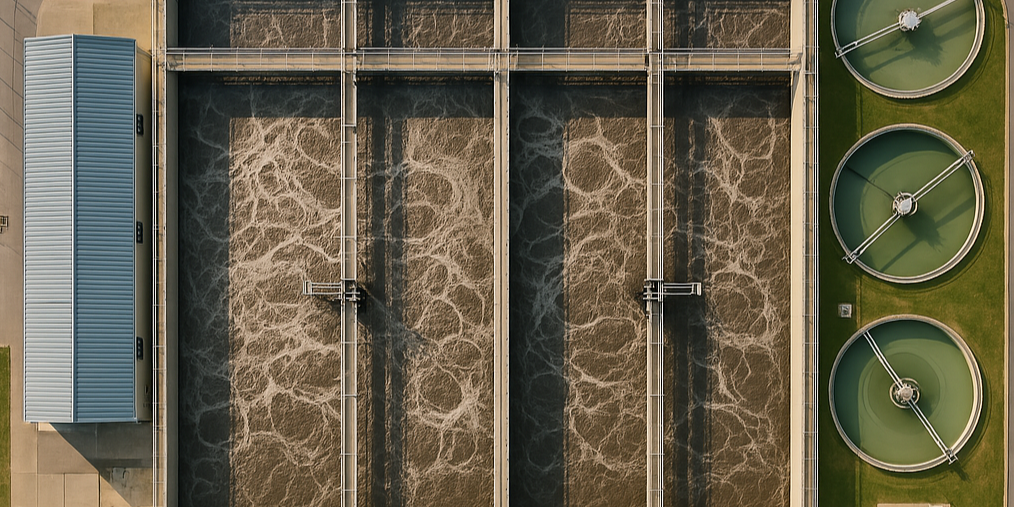Online Monitoring Systems for Water Treatment Plants
Introduction
In today\’s world, where water scarcity and pollution are growing concerns, the efficient and effective operation of water treatment plants is paramount. Online monitoring systems have emerged as indispensable tools in ensuring that these plants meet regulatory standards, maintain compliance, and optimize their performance. By providing real-time data and insights, these systems empower operators to make informed decisions and take proactive measures to safeguard public health and protect the environment.

Importance of Online Monitoring Systems
1. Regulatory Compliance
Water treatment plants are subject to stringent regulations to ensure the quality of treated water meets potable standards. Online monitoring systems play a crucial role in ensuring compliance with these regulations by continuously monitoring parameters such as pH, turbidity, chlorine residual, and conductivity. Real-time data allows operators to identify and address any deviations from regulatory limits promptly, preventing potential health risks and fines.
2. Improved Plant Performance
Online monitoring systems provide valuable insights into the operational efficiency of water treatment plants. By tracking key performance indicators (KPIs), such as chemical consumption, energy usage, and equipment reliability, operators can identify areas for improvement and optimize processes. This can lead to cost savings, reduced environmental impact, and enhanced overall plant performance.
3. Early Detection of Problems
Online monitoring systems enable early detection of potential problems, such as equipment malfunctions or changes in water quality. By identifying issues at an early stage, operators can take corrective actions before they escalate, preventing downtime, costly repairs, and disruptions to water supply.
4. Data-Driven Decision Making
The vast amount of data generated by online monitoring systems can be used to inform data-driven decision making. By analyzing trends and patterns in the data, operators can identify root causes of problems, optimize treatment processes, and make informed decisions regarding maintenance, upgrades, and expansions.
Cost-Benefit Analysis
While the initial investment in online monitoring systems may seem significant, the long-term benefits often outweigh the costs. The following are some of the key cost-benefits associated with these systems:
Reduced Operating Costs: By optimizing processes, improving energy efficiency, and reducing chemical consumption, online monitoring systems can lead to significant reductions in operating costs.
Improved Water Quality: Real-time monitoring ensures that treated water consistently meets regulatory standards, protecting public health and reducing the risk of waterborne diseases.
Enhanced Regulatory Compliance: By providing evidence of compliance, online monitoring systems can help mitigate the risk of fines and penalties.
Improved Asset Management: By monitoring equipment health and predicting maintenance needs, online monitoring systems can help extend the lifespan of assets and reduce unplanned downtime.
Our Solution: Imported Analyzers from Germany and Japan
We offer a comprehensive range of imported analyzers from Germany and Japan to meet the diverse needs of water treatment plants. Our analyzers are renowned for their precision, reliability, and advanced features, providing accurate and reliable measurements of various water quality parameters. Whether you require pH meters, turbidity sensors, chlorine analyzers, or other instrumentation, our experts can help you select the ideal solution for your specific application.
Conclusion
Online monitoring systems are essential tools for ensuring the efficient, effective, and compliant operation of water treatment plants. By providing real-time data, insights, and early warning signals, these systems empower operators to make informed decisions, optimize processes, and protect public health. Our imported analyzers from Germany and Japan offer the precision, reliability, and advanced features necessary to meet the demanding requirements of modern water treatment facilities.
SEO Tags
Keywords: online monitoring systems, water treatment plants, regulatory compliance, plant performance, data-driven decision making, imported analyzers, Germany, Japan, pH meters, turbidity sensors, chlorine analyzers, water quality, asset management, cost-benefit analysis
Tags: water treatment, environmental monitoring, industrial automation, process control, quality control, wastewater treatment, drinking water, water quality analysis, analytical instruments, German technology, Japanese technology, IoT, Industry 4.0, sustainability




